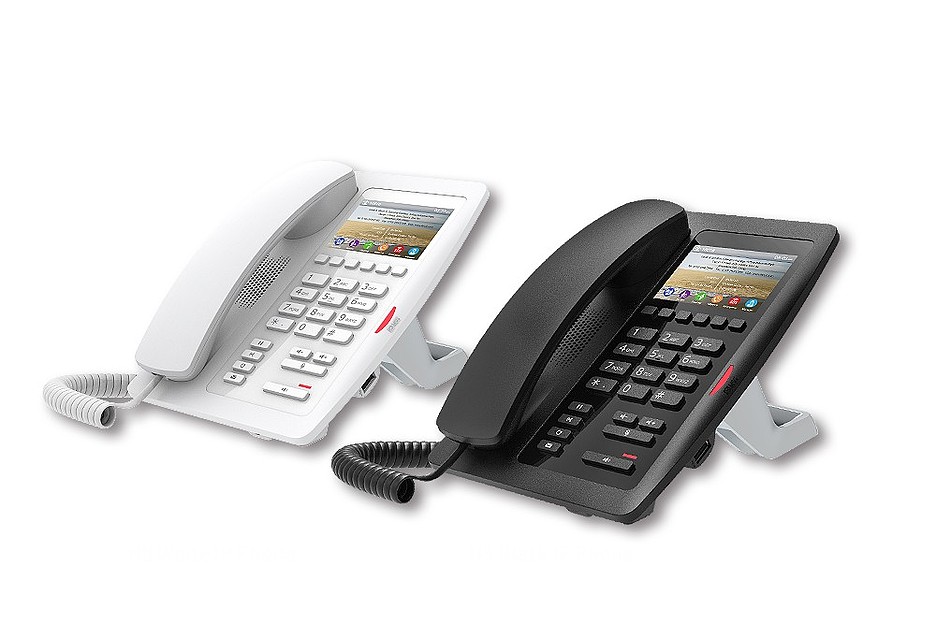San Francisco Global PC sales fell significantly in the second quarter. In the USA, sales in the second quarter fell by 23 percent compared to the same quarter of the previous year, according to calculations by the analysis company Canalys. It was the fourth consecutive quarter in which sales declined.
Notebooks were the most affected at minus 27 percent – according to Canalys analyst Brian Lynch, this is not entirely unexpected given the “unprecedented success” of inexpensive Chromebook laptops. Chromebooks – lower-power devices powered by the Chrome OS system – are now dominating the US school and university market.
Industry giant HP reported results for the second quarter of the calendar year that were below its own and analysts’ expectations. “We expected a slowdown in demand,” said Chief Executive Enrique Lores. “But not to this extent.“
Analysts had expected $11.06 billion in revenue in the PC division, but it was down to just $10.1 billion from $11.4 billion a year earlier. Notebook sales fell by 32 percent.
A similar picture can also be seen with the computer manufacturer Dell and the supplier Intel. Both also expect a weaker second half of 2022. According to media reports, Google wants to stop producing its own Chromebooks and leave the market to third-party manufacturers such as Dell or HP.
“The extra boom in PC manufacturers is over. Their customers are postponing investments,” said analyst Holger Müller from Constellation Research on the current market situation. “The time of cheap money is also over. No one knows whether there will be a quick, short recession of the economy or a long stagflation.“
What the view of China and Europe shows
The Chinese PC market fell by 16 percent in the second quarter, according to data from Canalys. This is due to weak demand and temporary production stoppages and plant closures at major manufacturers as a result of covid outbreaks. China pursues the most rigorous covidpolicy of all major industrialized countries. Emma Xu, Canalys analyst in China, comments: “This was the biggest market slump in nine years.“
In Europe, the consequences of the war in Ukraine, which are weighing on the economy, were added to supply problems until May and high inflation. Here, PC sales fell by 18 percent – and again laptops were the biggest losers (minus 26 percent).
According to Canalys analyst Kieren Jessop, the biggest uncertainty over the course of the year is high inflation: “While supply problems should continue to ease, the effects of inflation are becoming more and more noticeable.“ This will have a major impact on the retail market.
Sales of desktops and laptops to private customers fell by 34 percent as more and more households had to postpone purchases “in the face of shrinking disposable income”. Analyst Müller does not see a recovery in the short term. “There is a lack of a confidence booster that could revive the business.“








